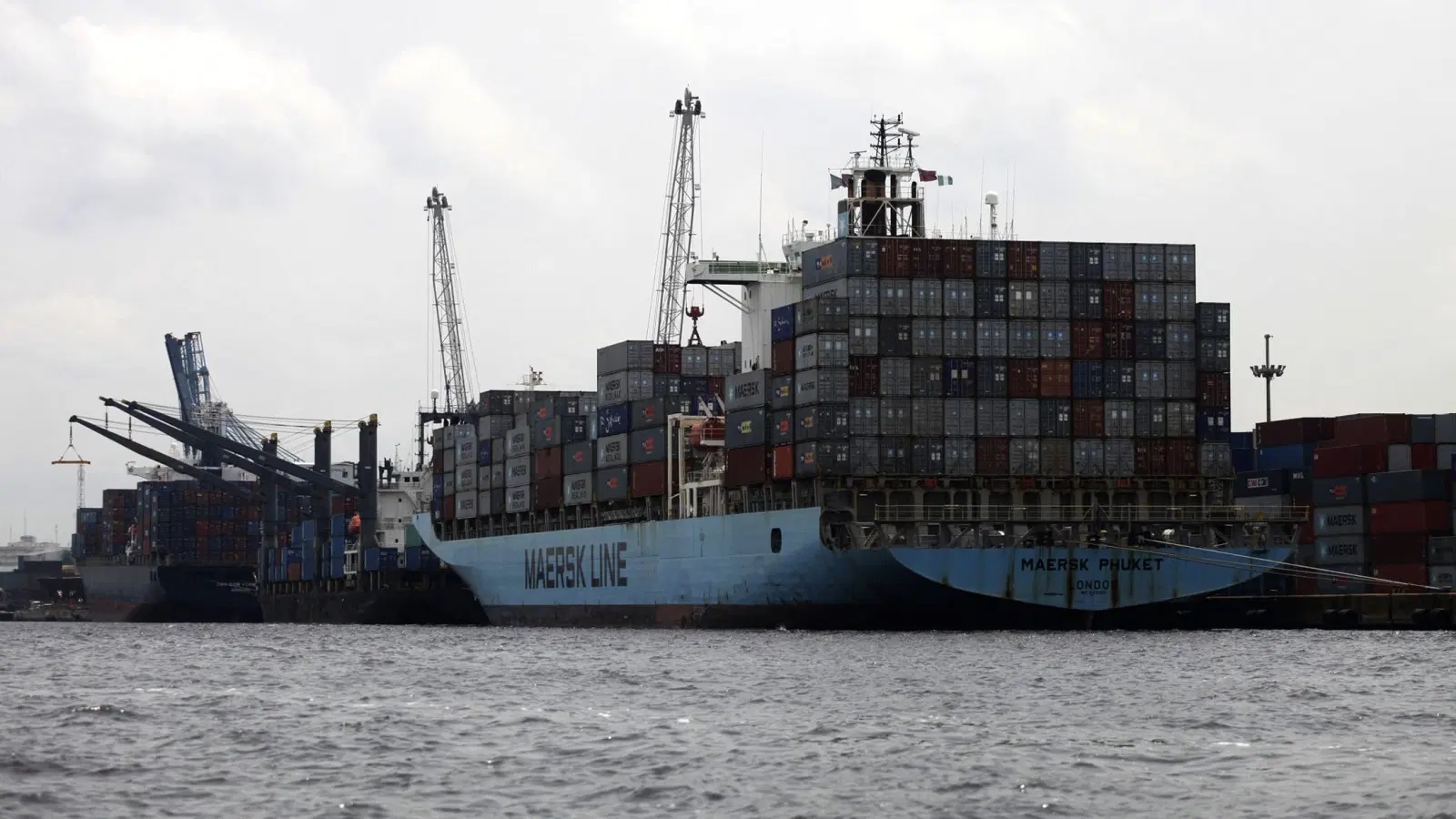AfricaPress-Tanzania: FACILITATING the free movement of cargo across borders is vital towards the economic recovery of the East Africa member states during and post Covid-19 pandemic, the East African Business Councils (EABC) has said.
The EAC private sector body said recently that the cross border trade could have been a remedy to reduce the Covid-19 adversity through flow of essential goods like food, medical supplies and other hygiene products.
The spread of Covid-19 has increased restriction on the movement of goods and people across borders threatening the livelihoods of traders and their families, and reduced revenue for partner states.
When trade barriers remain unaddressed, the EABC said the economic recovery from the virus pandemic may take long time with the far reaching effects continue to bite member states.
The characteristic nature of cross border trade in the region is conducted informally and mostly occupied by vulnerable, small and unregistered traders.
Similarly, a significant portion of trade between East Africa and the rest of the world largely constitutes of primary commodities with huge prospects in exporting finished products.
As the cross border saga on the free movement of goods and services persist, the EAC private sector body has called on the need for lasting solution to the barriers hindering the free movement of cargo across EAC borders and in particular, the borders between the two countries.
For example, the 14 days standstill on the movement of goods between Kenya and Tanzania borders risks business continuity and affects intra-EAC trade.
There are over 1000 trucks stranded at both sides of the border, this is significantly affecting the intra-EAC trade and movement of essential and perishable goods across borders.
Furthermore, there is a slowdown in movement of cargo across all EAC borders, this is disrupting regional value chains due to the emerging challenges restricting the movement of truck drivers in a bid to contain the spread of Covid-19.
According to the International Trade Centre, in 2018, Kenya imported products valued approximately 175.9 million US dollars from Tanzania and exports about 293.5 million US dollars while Rwanda imported products of 134.5 million US dollars and approximately 2 million US dollars from Tanzania.
EAC Partner States are relying on sourcing final products, intermediate input and raw materials within the region due to the disruption of the global supply chain by the Covid-19 pandemic.
The East African Business Council urges the concerned ministries to embrace dialogue towards an EAC coordinated approach on Covid-19.
EABC is ready to offer support towards a public-private dialogue on cross border trade in order to unblock the current trade barriers, this is critical for economic recovery for the EAC region.
According to the EAC Trade and Investment Report 2018, formal trade among the EAC partner states largely constitutes of chemicals, textile, iron and steel.
Agricultural commodities also form a large portion with significance in food items like rice, maize, sorghum, coffee, tobacco, wheat and other cereals.
However, manufactured goods such as cement, petroleum, textiles, sugar, confectionery, beer, salt, fats and oils, paper, plastics and pharmaceuticals are also traded across the Region.
The informal cross‐border trade represents produced goods and services, which directly or indirectly do not pass through the regulatory framework for taxation and other procedures set by Partner States.
Its importance in poverty reduction in EAC is significant as women SMEs constitute about 74 per cent of the traders.
The private sector body urged partner states to consider improving the business and regulatory environment to ensure formalisation of businesses in the partner states.
The EACBC said in its report on the impact of Covid-19 on trade that the spillover effect of this disruption has been felt by other African economies and largely by East African businesses being suppliers and importers of goods and services in the global economy.
As part of the immediate recovery strategy, the EACBC counseled partner states to consider full liberalisation of open skies for free movement of cargo within and out of EAC.
Also that member states to look for alternative markets for EAC imports and exports to reduce dependency on few countries.
On average, EAC countries source 6 per cent of their total imports from the region, and supply 20 per cent of their total exports to the region.
The cross border trade has emerged as a remedy that could reduce this adversity through flow of essential goods like food, medical supplies and other hygiene products.
Also, partner states need to provide support to key industries to expand their capacity and establish new industries to manufacture import substitutes in the region.







